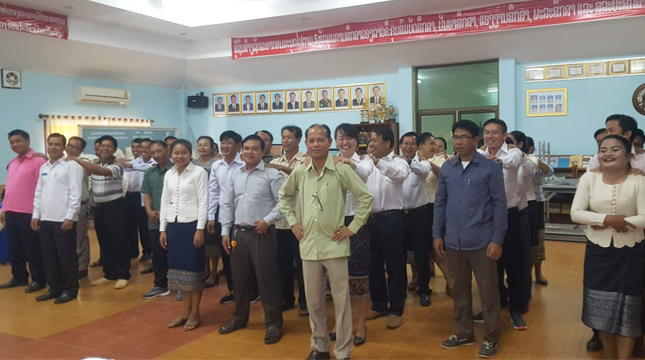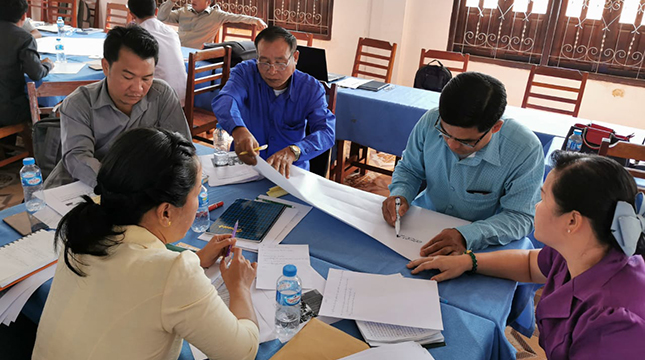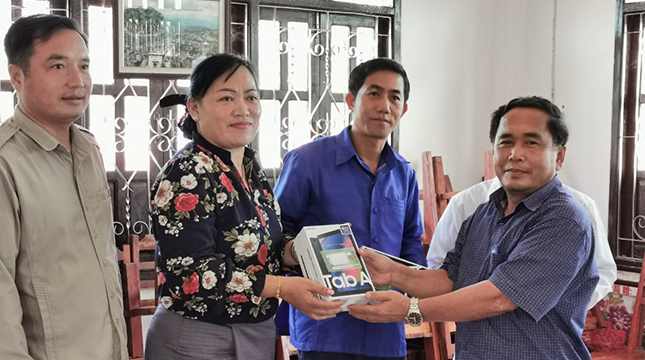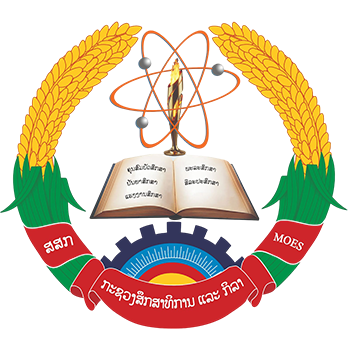
All Grade 1 students and teachers started the school-year this September with new textbooks and a new pedagogical approach. The new teaching method based on active learning represents a major change in the classrooms
Extensive training was provided to all Grade 1 teachers, primary school principals and pedagogical advisors in July and August. The teachers were also provided with handbooks full of self-study activities and training videos to extend their learning and understanding of the new curriculum during the year.
The Australian Government and the European Union, through the BEQUAL program, support 32 disadvantaged target districts in six provinces to reinforce uptake of the new grade 1 curriculum during the school-year. Special Education Supports Grants will be provided by BEQUAL for 26 districts and by UNICEF for six districts as part of their pedagogical adviser strengthening program. Training on how to support teachers and principals through additional activities, as well as training on how to use the new mobile tools for monitoring curriculum implementation is now happening in Phongsaly, Luang Namtha, Khammouane, Savannakhet, Salavan and Sekong for the staff of the 32 DESB and the six PESS of the disadvantaged target districts.
Thanks to those grants, the District Education and Sports Bureaus will be able to increase the number of school visits by Pedagogical Advisors, other DESB staff and Provincial Trainers to provide a regular support program to Grade 1 teachers. During the school visits, the Pedagogical Advisors will coach school principals to improve support to teachers, conduct classroom observations, provide feedback to teachers with constructive solutions on how to address difficulties and challenges, encourage teachers to do self-study as well as peer learning activities, and guide them with the development and implementation of lesson plans as necessary. The grants will increase the number of opportunities each Grade 1 teacher has to interact with a Pedagogical Advisor with a target of four times per school-year.



The intensive support also includes technical guidance and tools for monitoring. During each visit, DESB staff will monitor the implementation of the new curriculum and gather data in five different areas. They will check if schools have received the teaching and learning materials, if those materials are used in the Grade 1 classrooms, if the community is aware of the new curriculum, if all Grade 1 teachers and principals have been trained and if professional development activities are happening. To gather this data, districts will be introduced to a mobile data collection tool called KoBo Toolbox. This technology will allow real time data collection using observation check lists. The data can be recorded on a smart phone or a tablet. BEQUAL will provide the 32 target districts with tablets and with 12 different data collection forms. KoBo forms can be completed online or offline, making the platform ideal for remote fieldwork. These new tools will help DESB to analyze the data, understand how the new curriculum materials are used and make informed decisions about further implementation; it will enable them to prioritize and provide additional support to lower performing schools.
Although not receiving the special Education Support Grant, the tools and the data collection system will be available to the 116 remaining districts to help them provide through-semester support to the primary schools on pedagogy and continuing professional development.



 ພາສາລາວ
ພາສາລາວ